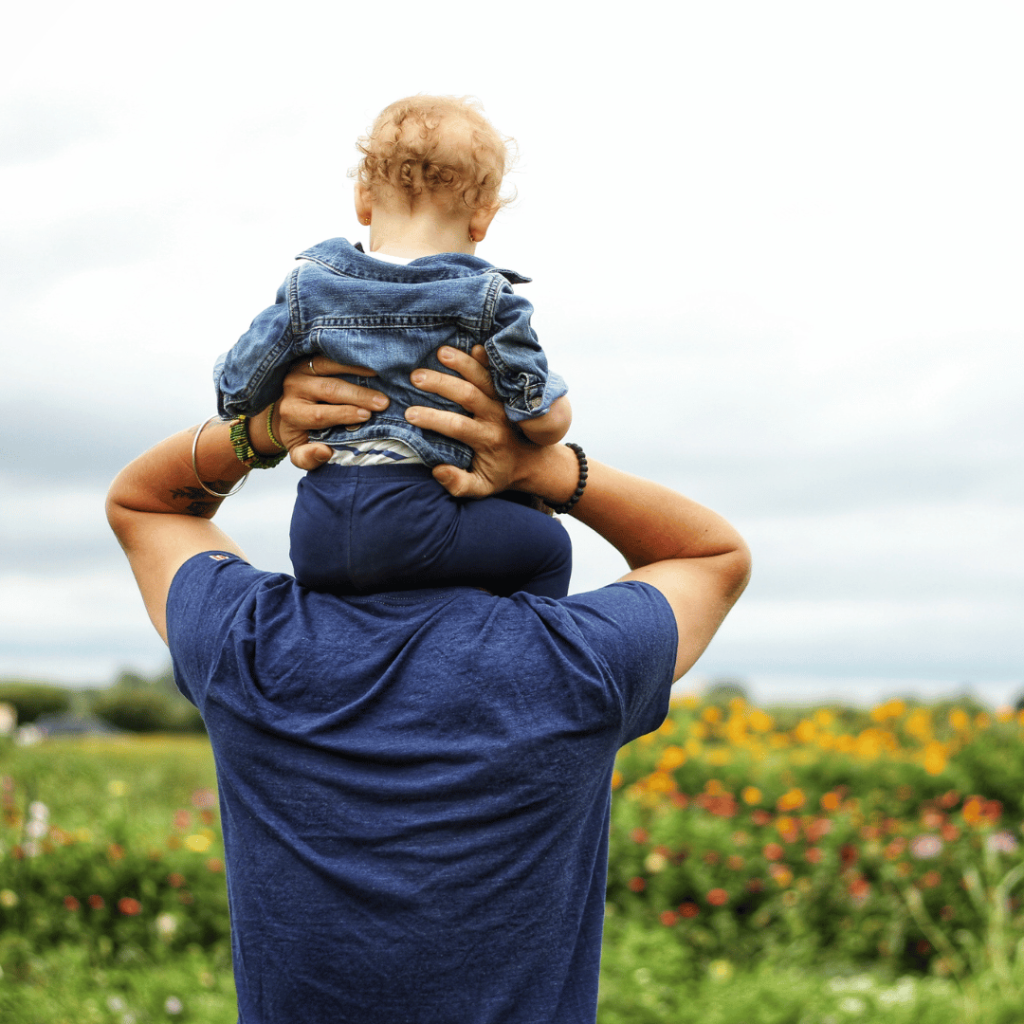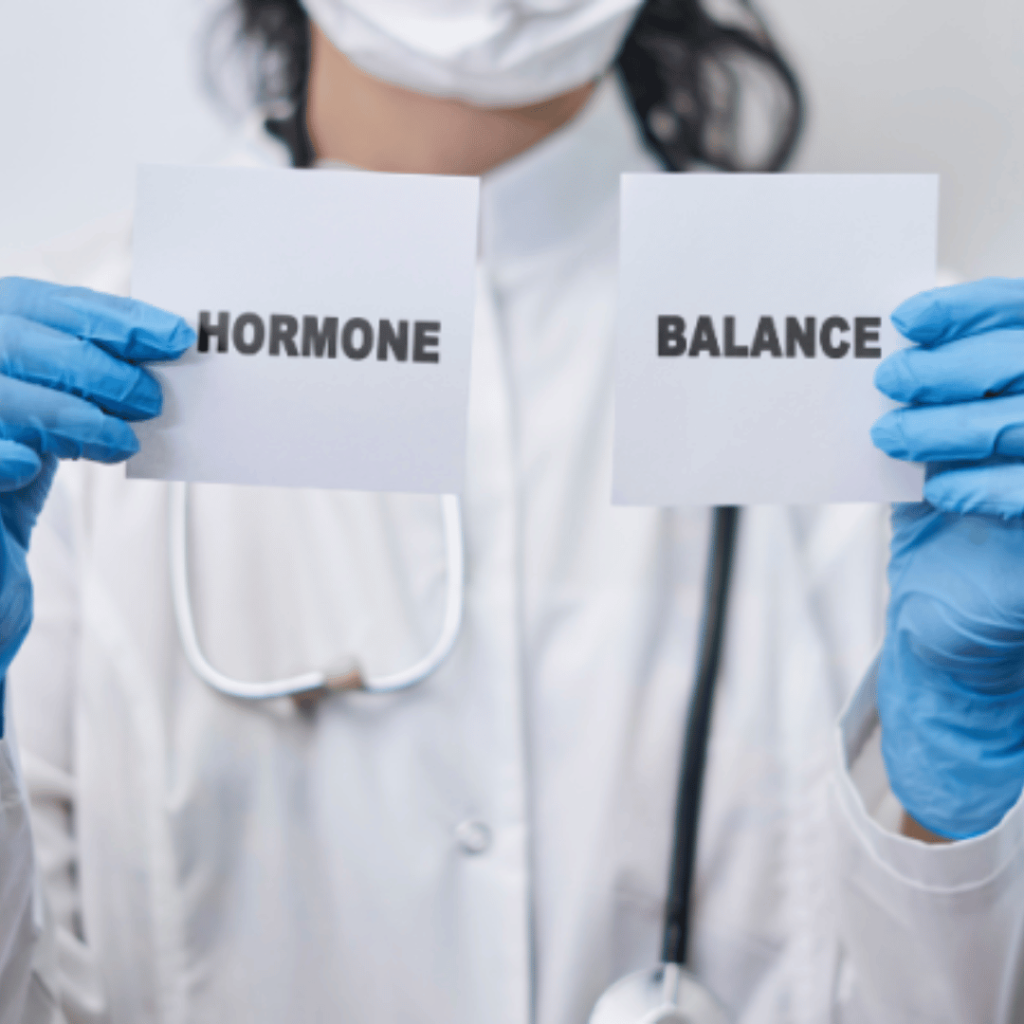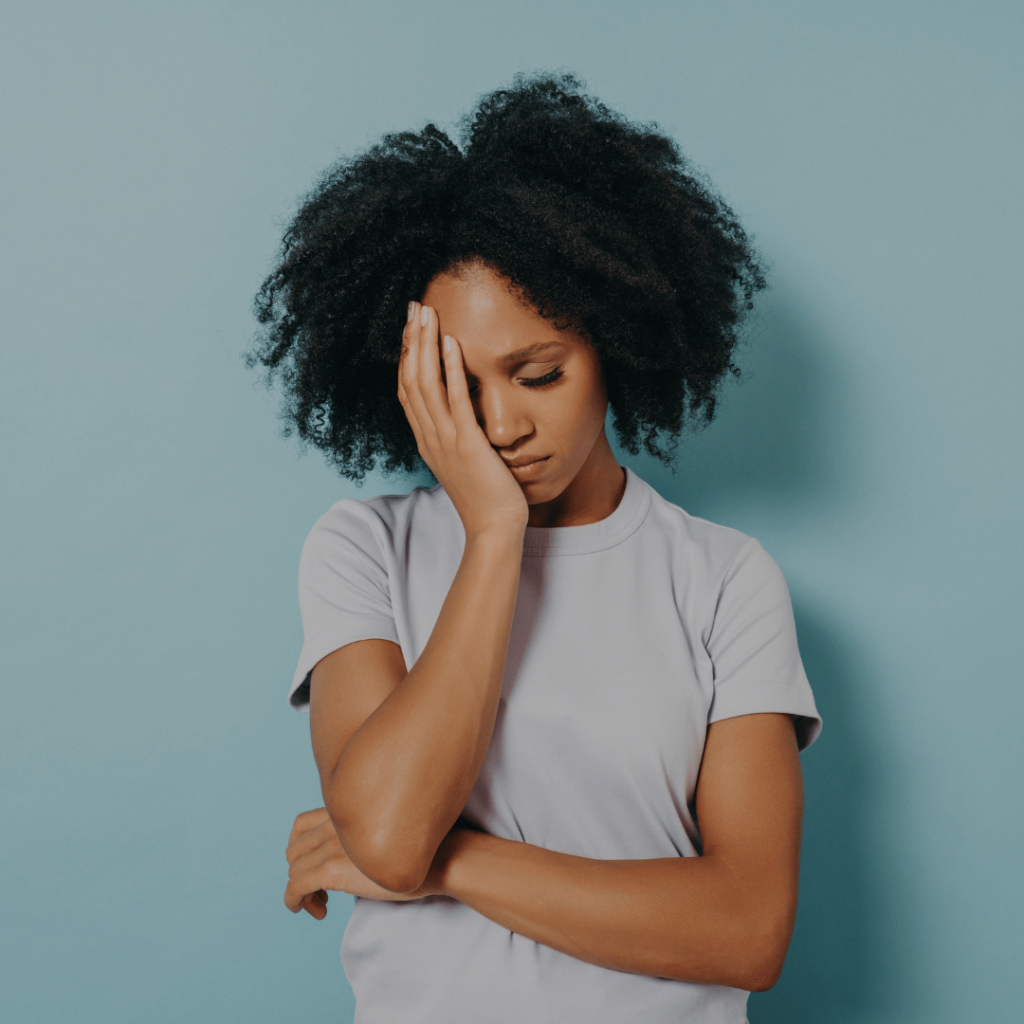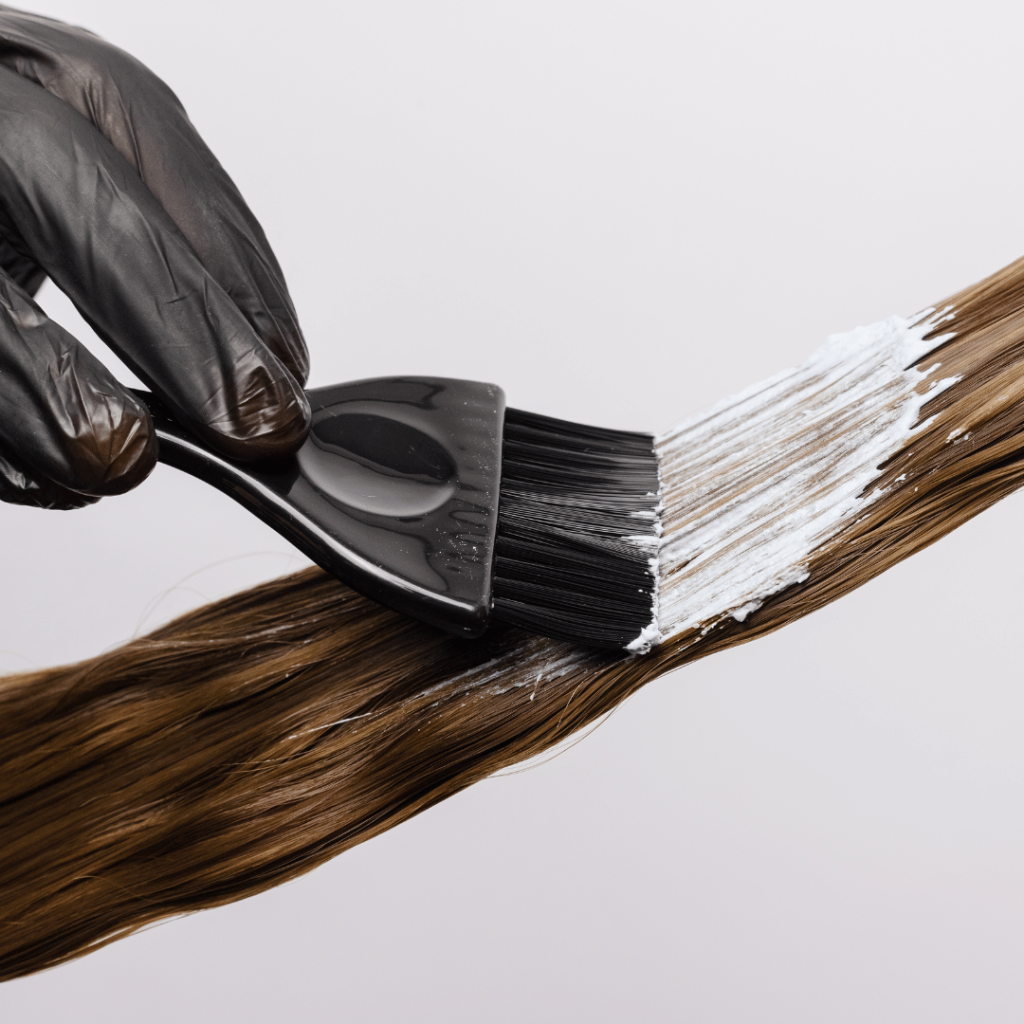Causes of Hair Loss
It is normal to lose on average between 50-150 hairs per day, when brushing, combing, or shampooing. The number of hairs an individual typically loses can vary greatly from person to person, however, it is the change within an individual that is critical if you are concerned about excessive hair loss.
When our hair growth cycle is healthy, approximately 85 to 90% of our hair is in the growing stage (Anagen), and approximately 10 to 15% in the resting stage (Telogen). Hair loss occurs when an increased number of hairs enter the resting stage prematurely often causing a loss in the hairs density.
There are many different potential causes of hair loss, which is typically related to one or more of the following factors:
Family History
One of the most common causes of hair loss is a hereditary condition that happens with ageing, called androgenic alopecia – also known as Male Pattern Hair Loss or Female Pattern Hair Loss. This type of genetic hair loss can be inherited from either parent, both parents or even grandparents. Most people affected by genetic hair loss start to notice the first signs of thinning hair during their 40s and 50s, however, for some, it can start as early as the late teens and early 20s.
Hormonal Changes
The hair follicle is incredibly sensitive to changes in the body, so hormonal changes can contribute to hair loss. There are a range of conditions that may cause both permanent or temporary hair loss, including hormonal changes due to puberty, pregnancy, childbirth, menopause and thyroid problems.
Medical Conditions, Health Concerns and Medications
A variety of hair and scalp conditions are medical, for example; alopecia areata, which is related to the immune system and scalp infections such as ringworm. Hair loss can also be a side effect of certain medications, such as those used for cancer, arthritis, depression, heart problems, gout and high blood pressure.
Stress and Trauma
Stress is one of the main causes of temporary hair loss. Generally, any form of major, negative life event (such as the loss of a loved one, divorce, moving house or illness) can cause a rise in the body’s cortisol levels, which in turn can act as a trigger for hair loss. The three types of hair loss most commonly associated with high stress levels are:
- Telogen effluvium, significant stress pushes large numbers of hair follicles into the resting phase, and after a few months these hairs suddenly start to shed resulting in thinner hair.
- Trichotillomania, a hair-pulling disorder which is often used as a way of dealing with stress
- Alopecia areata, which can be triggered by rising stress levels
Lifestyle, Nutrition and Diet
Diet can play a huge role in hair growth, as a healthy scalp supports healthy hair. For healthy hair growth and scalp health, nutrients, vitamins, and minerals are essential. If you have any nutrient deficiencies, and are not getting what you need from your diet, this could have an impact on your hair.
Environmental Factors
Excessive heat, hairstyling or hairstyles that pull on your hair can cause a type of hair loss called traction alopecia. Hair colouring, heat, chemical straighteners and other hair processes can also cause hair shedding, breakage and damage. As well as this, elements in the environment, such as air pollutants and minerals in water may impact the quality of the hair and potentially contribute to thinning. Exposure to sun can weaken the hair shaft, also playing a role in hair loss.






